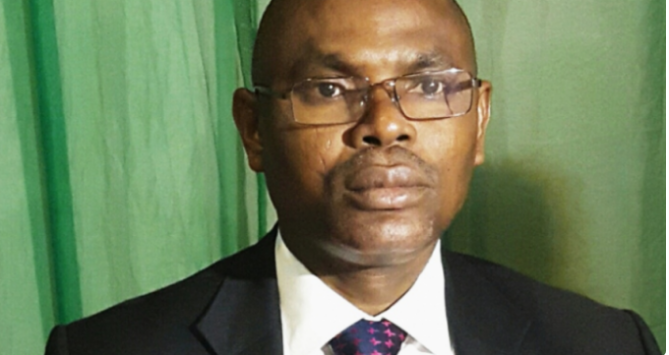
President Bola Tinubu has appointed Jim Obazee, former chief executive officer of the Financial Reporting Council of Nigeria, as a special investigator.
The special investigator to investigate the Central Bank of Nigeria (CBN) and related entities.
In a letter seen by TheCable, dated July 28, 2023, the president said the appointment takes immediate effect and Obazee is to report directly to his office.
Tinubu said the special investigator would also work on a comprehensive report on public wealth currently in the hands of corrupt individuals and establishments.
“In accordance with the fundamental objective set forth in Section 15(5) of the Constitution of the Federal Republic of Nigeria 1999 (as amended), this administration is, today, continuing the fight against corruption by appointing you as a Special Investigator, to investigate the CBN and Related Entities. This appointment shall be with immediate effect and you are to report directly to my office,” the letter reads.
“The full terms of your engagement as Special Investigator shall be communicated to you in due course but, require that you immediately take steps to ensure the strengthening and probity of key Government Business Entities (GBEs), further block leakages in CBN and related GBEs and provide a comprehensive report on public wealth currently in the hands of corrupt individuals and establishments (whether private or public).
“You are to investigate the CBN and related entities using a suitably experienced, competent and capable team and work with relevant security and anti-corruption agencies to deliver on this assignment. I shall expect a weekly briefing on the progress being made.
“Find attached, herewith, my directive suspending the Governor of the CBN from office with effect from 9th June 2023.”
Obazee investigated the CBN during Sanusi Lamido Sanusi’s tenure and allegedly unearthed massive corruption.
It was upon his recommendation that former President Goodluck Jonathan suspended Sanusi in February 2014.
However, Obazee was fired by President Muhammadu Buhari in 2017.

















































